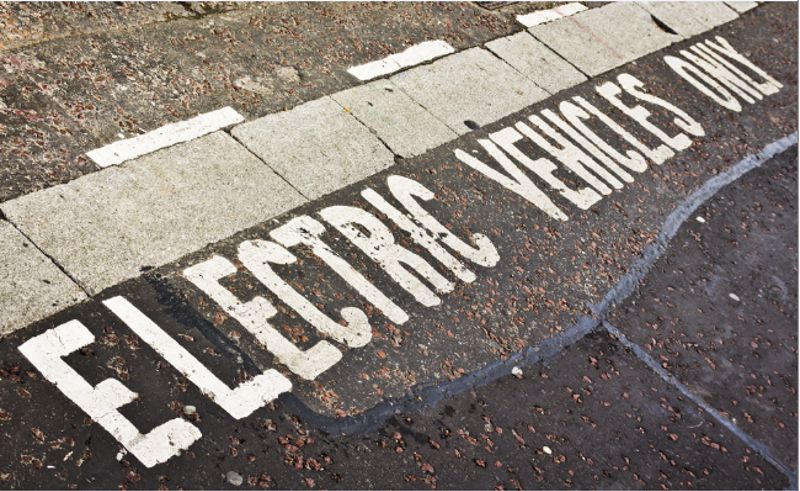Digital purchases are completed with the click of a button, but the physical product often has to be delivered by a commercial vehicle. More often than not, that delivery service is not using an electric option. However, business leaders should focus their spend analysis on vehicles that draw power from the grid and not the pump.
According to a recent report by Research and Markets, the global market for electric commercial vehicles is going to increase from 353,000 units in 2022 to 3,144,000 units by 2030 – a CAGR of 31.4%. From a consumer standpoint, it is the last-mile delivery sector that, the report said, will benefit most by switching to electric vehicles. In fact, providers that focus on a delivery range of less than 150 miles are expected to take advantage of next-generation commercial vans and trucks.
The green future is now
CNN reported that the U.S. Postal Service has confirmed that at least 40% of its new delivery vehicles will be electric, with the agency committing to purchasing 33,800 vans by the end of the year. Around 25,000 of these delivery vehicles will be designed specifically for the Postal Service's very specific needs, with the rest being "off the shelf" versions from automakers such as Ford, Mercedes-Benz and Rivian.
The latter has already received the thumbs up from Amazon, which has started to roll out custom-built electric delivery vans across the country. The eCommerce behemoth has been extremely vocal about its commitment to the environment and plans, according to a press release, to have 100,000 Rivian vehicles on the road by 2030. Amazon has been testing the performance capabilities of these trucks since 2021, racking up over 90,000 miles and delivering more than 430.000 packages, the company said.

Not to be outdone, Walmart is also getting into the sustainable last-mile delivery game. The retailer has announced that it will be purchasing 4,500 electric delivery vehicles from Canoo, all of which will be integrated into Walmart's existing commercial fleet. Around 90% of the U.S. population lives within 10 miles of a Walmart store, so the chance for the company to offer an environment-friendly and same-day delivery service for its eCommerce customers is a strategic advantage, the company said.
The shift from gas-powered to electric cars is nothing new – Tesla released its first production model back in 2008, for example – but the increased adoption of commercial vehicles that deliver not only packages but environmental benefits could be a game changer in the supply chain. The cost savings that come with a rechargeable battery as opposed to a fuel tank are just one part of the equation, as is the fact that electric vehicles are eligible for federal and state tax incentives. And while there will always be people who are wary of going green, the simple truth is that last-mile delivery options will benefit from being sustainable.



Post A Comment:
0 comments so far,add yours